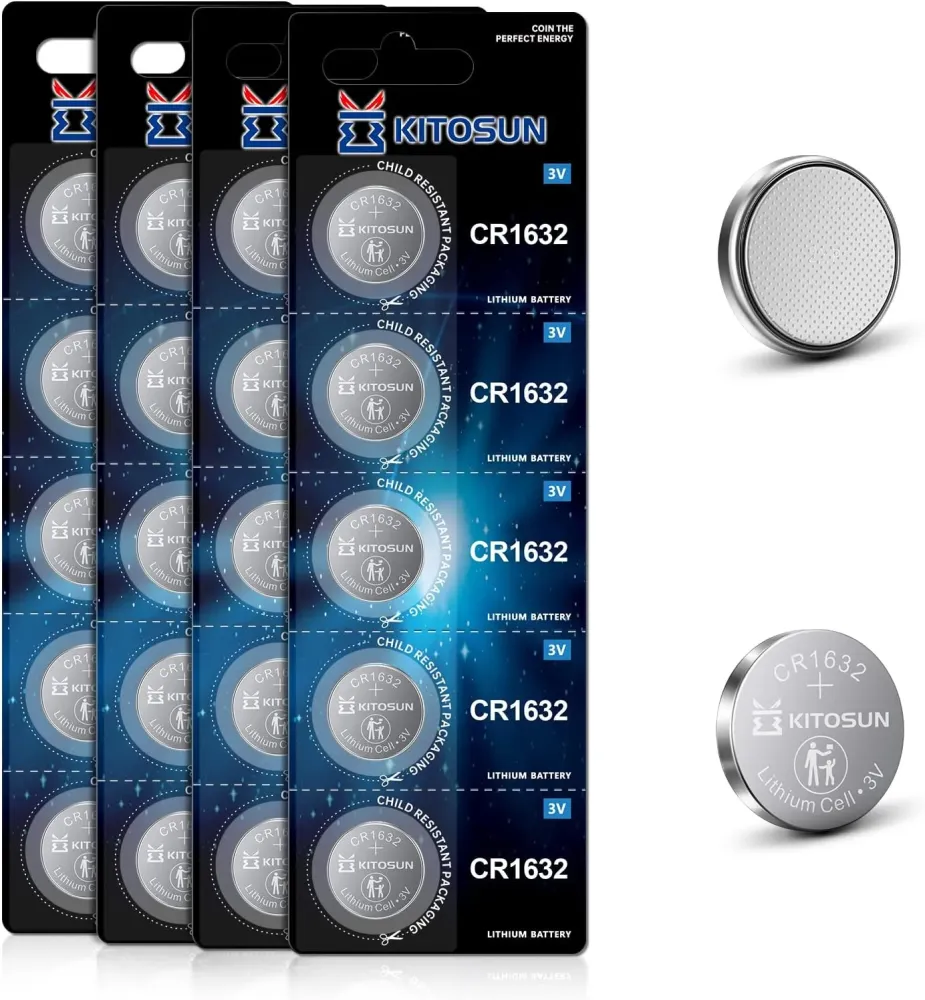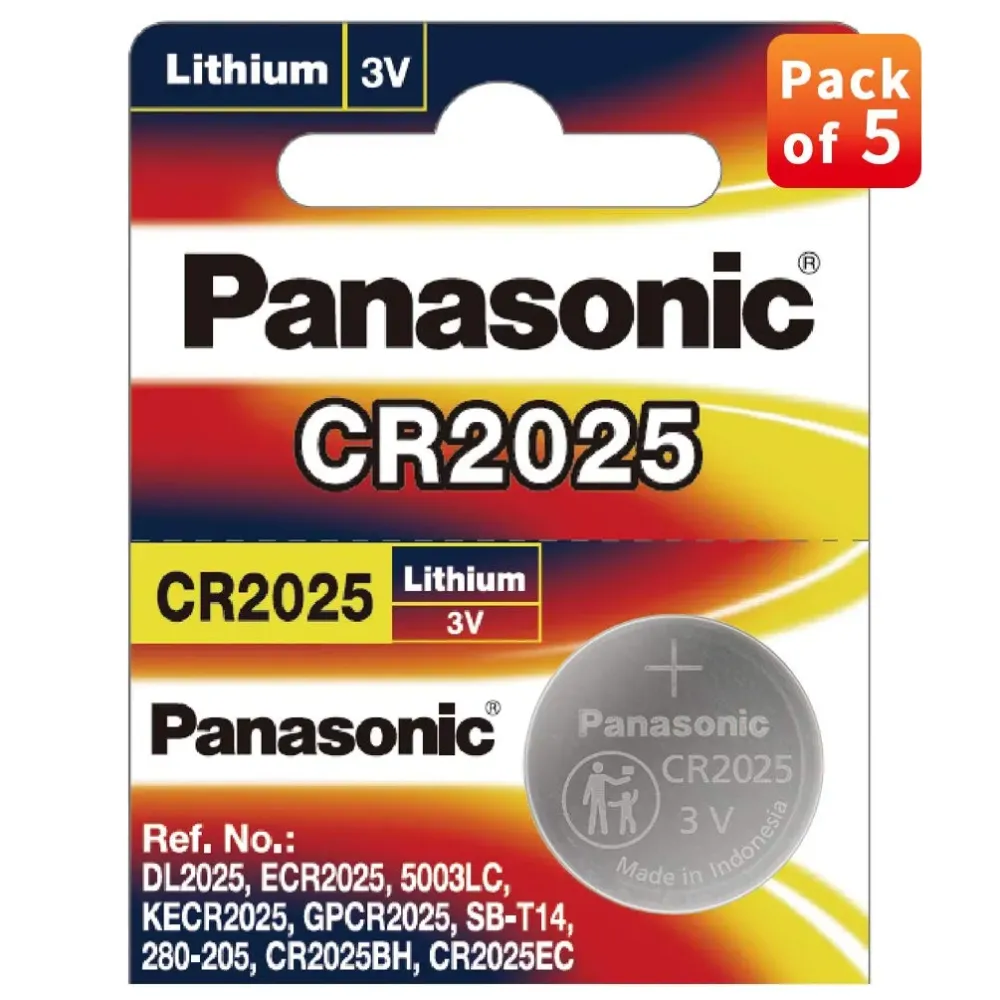Your cart is empty
Most Traded OSRS Items in 2025: A Comprehensive Guide

Old School RuneScape (OSRS) thrives on its vibrant economy, driven by the Grand Exchange where players buy, sell, and trade items daily. As of April 2025, certain items consistently top the charts as the most traded, reflecting their utility, demand, and accessibility. Whether you’re a seasoned flipper, a PvM enthusiast, or a casual player looking to make some gold, understanding these high-volume items can give you an edge. In this blog post, we’ll explore the most traded OSRS items, why they’re so popular, and how you can leverage them in your gameplay.
Trading in OSRS isn’t just a side activity—it’s the heartbeat of the game’s economy. The Grand Exchange, introduced in 2007, revolutionized how players interact, making it easier to exchange goods without direct player-to-player haggling. The most traded items often reflect the game’s meta, from skilling essentials to combat gear. Knowing what’s hot can help you profit, optimize your grinding, or simply stay ahead of the curve.
The Role of the Grand Exchange
The Grand Exchange acts as a centralized marketplace, tracking trade volume and price trends. Items that appear in the “most traded” list—updated regularly on the official OSRS site—are those with the highest transaction counts over periods like 7 days, 30 days, or 6 months. This data is a goldmine for players aiming to flip items or invest wisely.
What Drives Trade Volume?
Several factors determine why an item becomes heavily traded:
- Utility: Items used in everyday skilling or combat.
- Accessibility: How easy it is to obtain through drops or crafting.
- Demand: Popularity among players for quests, PvP, or PvM.
- Price Stability: Affordable items tend to see higher volume.
Top 5 Most Traded OSRS Items in 2025

Based on current trends and historical data from the Grand Exchange, here are the top five most traded items in OSRS as of April 2025. These selections account for their consistent trade volume and relevance in the game’s evolving meta.
1. Feather
Trade Volume: Millions per week
Average Price: 2-3 GP
Feathers remain a staple in the OSRS economy, primarily due to their use in Fletching and Fishing. Players buy them in bulk to train Fletching by making arrows or bolts, while anglers use them with bait for fly fishing. Their low cost and high availability—dropped by chickens or bought from shops—keep them at the top of the trade charts.
Why It’s Popular: Feathers are a low-risk, high-volume item perfect for new players and veterans alike. Their steady demand ensures constant trading.
2. Cannonball
Trade Volume: Hundreds of thousands daily
Average Price: 180-200 GP
Cannonballs are a must-have for players using the Dwarf Multicannon, a popular tool for Slayer tasks and bossing. Made from steel bars via Smithing, they’re traded heavily because many players prefer buying them over crafting them, especially at higher levels.
Why It’s Popular: The convenience of skipping the Smithing grind drives demand, making cannonballs a reliable trade item.
3. Rune Essence
Trade Volume: Millions monthly
Average Price: 10-15 GP
Rune Essence is the backbone of Runecrafting, a skill that’s both profitable and essential for magic users. Mined from the Rune Essence mine, it’s traded in massive quantities due to its low cost and constant need for crafting runes like air, fire, and cosmic.
Why It’s Popular: Its accessibility to free-to-play and members alike ensures a steady flow in the market.
4. Dragon Bones
Trade Volume: Hundreds of thousands weekly
Average Price: 2,500-3,000 GP
Dragon Bones are the go-to for training Prayer, offering high XP when buried or used at a gilded altar. Dropped by dragons like Green Dragons or Vorkath, they’re a premium item that balances cost and efficiency.
Why It’s Popular: Prayer is a key combat skill, and Dragon Bones provide the best XP-to-cost ratio for many players, fueling their trade volume.
5. Nature Rune
Trade Volume: Millions monthly
Average Price: 90-110 GP
Nature Runes are essential for High Alchemy, a spell that turns items into gold, making them a cornerstone of money-making strategies. They’re also used in various teleport spells, adding to their versatility.
Why It’s Popular: The combination of skilling and profit potential keeps Nature Runes in constant circulation.
Honorable Mentions: Other High-Volume Items

Beyond the top five, several items deserve a nod for their consistent trade activity. These often cater to specific niches but still see significant movement on the Grand Exchange.
Coal
Coal is a Smithing essential, used to smelt bars like steel and mithril. Its trade volume spikes with skilling updates or when players stock up for Blast Furnace runs.
Pure Essence
An upgraded version of Rune Essence, Pure Essence is traded for higher-level Runecrafting. Its slightly higher price reflects its exclusivity to members.
Yew Logs
Yew Logs fuel Fletching and Firemaking, appealing to players training these skills. Their moderate price and steady supply keep them in the mix.
How to Profit from Most Traded Items
These high-volume items aren’t just popular—they’re opportunities. Here’s how you can turn their trade activity into profit:
Flipping Strategies
Flipping involves buying low and selling high. For items like Feathers or Nature Runes, monitor price dips and buy in bulk, then sell when demand peaks. Use the Grand Exchange’s price history to time your trades.
Bulk Buying and Selling
Items like Cannonballs and Dragon Bones benefit from bulk transactions. Invest in large quantities when prices drop, then sell gradually as prices stabilize or rise.
Crafting for Profit
Turn raw materials into finished goods. For example, smelt steel bars into Cannonballs or craft Nature Runes from Rune Essence. The profit margin can outweigh the initial investment.
| Item | Average Price (GP) | Primary Use | Profit Potential |
|---|---|---|---|
| Feather | 2-3 | Fletching, Fishing | Low (volume-based) |
| Cannonball | 180-200 | Slayer, Bossing | Moderate |
| Rune Essence | 10-15 | Runecrafting | Low-Moderate |
| Dragon Bones | 2,500-3,000 | Prayer | High |
| Nature Rune | 90-110 | High Alchemy | Moderate |
Trends Shaping the OSRS Economy in 2025
The OSRS economy isn’t static—updates, player behavior, and new content shift what’s traded most. Here’s what’s influencing the market this year:
Impact of Game Updates
New bosses or skills can spike demand for specific items. For instance, a Slayer update might boost Cannonball trades, while a Runecrafting tweak could surge Rune Essence volume.
Player Behavior and Meta Shifts
The meta—how players approach combat and skilling—dictates demand. If a new PvM strategy favors ranged weapons, expect Feather trades to soar as players craft ammo.
Seasonal Events and Their Effects
Holiday events or leagues can temporarily skew the market. Limited-time rewards might reduce demand for staples like Dragon Bones if players focus elsewhere.
Conclusion: The most traded OSRS items in 2025—like Feathers, Cannonballs, and Dragon Bones—highlight the game’s dynamic economy. Whether you’re flipping for profit, skilling up, or gearing for battle, these items are your ticket to success. Stay informed with Grand Exchange trends, experiment with trading strategies, and watch your gold stack grow. What’s your favorite item to trade? Let us know in the comments!

